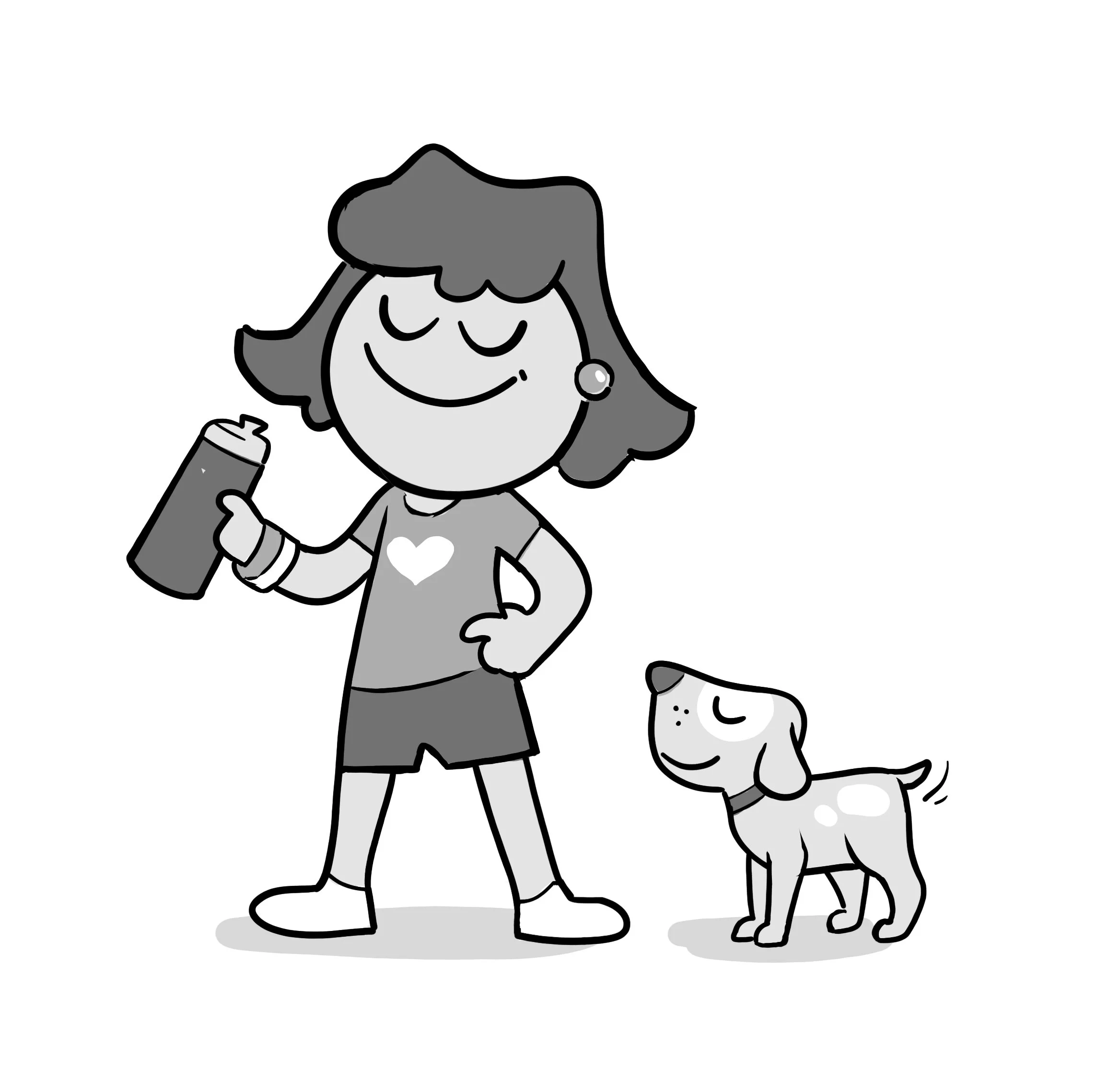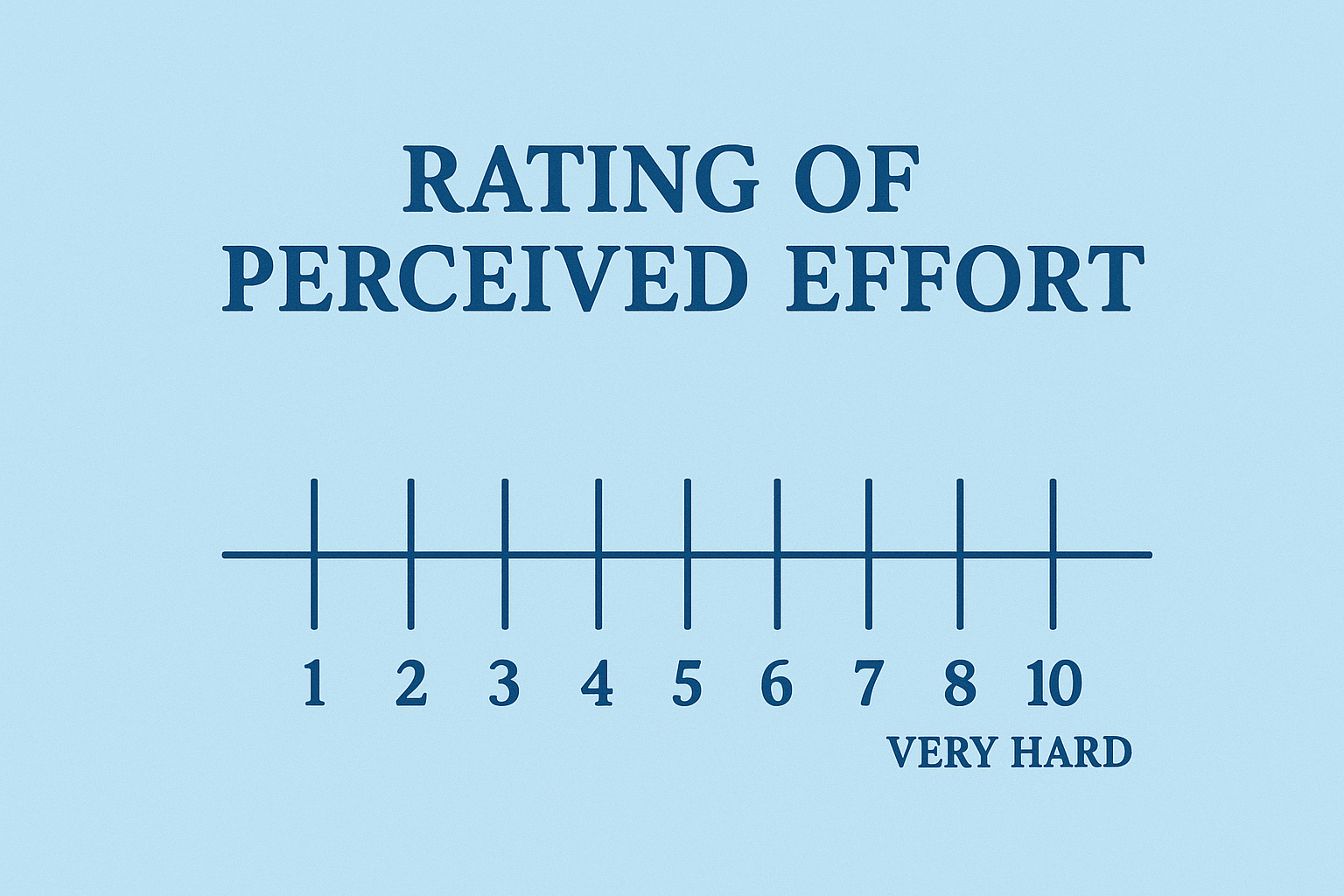Managing Cancer Related Fatigue
Cancer Related Fatigue is
More than “Just Being Tired”
Managing Cancer-Related Fatigue: Evidence-Based Tips for Regaining Energy
Cancer-related fatigue (CRF) is one of the most common and distressing side effects of cancer in addition to cancer treatment. It’s more than “just being tired” — and with the right strategies, it can be managed effectively.
Up to 80% of people with cancer experience fatigue during treatment, and one in three survivors report ongoing CRF (Bower et al., 2024, JCO). It limits daily tasks, exercise tolerance, return to work capacity, and quality of life — yet it’s often under-recognized and misunderstood.
What Is Cancer-Related Fatigue?
The National Comprehensive Cancer Network (NCCN, 2023) defines CRF as:
“A distressing, persistent, subjective sense of physical, emotional, and/or cognitive tiredness related to cancer or treatment, not proportional to recent activity and interfering with usual functioning.”
Fatigue can be triggered by tasks relating to the:
HEART
HEAD
BODY
The body, brain and heart all have a baseline with which they can handle stress healthily and adapt. A healthy can body receive ‘deposits’ such as good sleep and easily return to its baseline. A cancer journey can greatly impact this baseline, where typical deposits are no longer effective. In other words cancer related fatigue isn’t cured with more sleep or summoning up more motivation.
CRF differs from ordinary tiredness — it’s often not relieved by rest, can last months or years, and affects both body and mind
(National Cancer Institute, 2024).
Human beings are made up of head (cognitive), heart (emotional) and body (physical) systems; all 3 of these areas matter with CRF. Tasks that are physically, cognitively or emotionally demanding all count and can impact fatigue.
Imagine your body as a bank account having many withdrawals (chemo, radiation, surgery, hormone therapy and emotional distress). These withdrawals add up and the bank account starts to run a deficit. It then needs many deposits to return to its original balance. Deposits can take the form of understanding CRF and establishing a new baseline. A new baseline akin to an account balance that is lower, involves approaching the head, heart and body with understanding of reduced capacity.
What Causes Cancer-Related Fatigue?
CRF is multifactorial:
Cancer treatments (chemotherapy, radiation, immunotherapy, surgery)
Medical issues (anaemia, thyroid or hormonal changes, sleep disorders, pain etc.)
Psychological factors (stress, depression, “chemo brain”, poor emotional health)
Cognitive demands (high executive functionining tasks such as paperwork, work demands etc.)
Deconditioning from inactivity and poor nutrition, leading to poor stamina
(Canadian Cancer Society, 2023)
Managing Cancer-Related Fatigue - Mental Models that Work
1. Effort Rating
Try rating effort (RPE) on a 10 point scale rating head, heart, and body tasks.
2. Planning
Look at the day and week ahead; aim to be proactive. Estimating the effort for upcoming head, heart and body tasks can create space for boundary setting. Aim to have only one area with a higher effort rating ~ 6/10. Set boundaries; say no as needed, allowing other tasks to stay low in effort rating. This is key to energy conservation
3. Energy Conservation
Plan for high effort tasks to be during your “good hours,” break chores into steps, and rest strategically — not excessively. Energy saving routines include pacing and breaks; avoid switching from one thing right to the next.
4. Know your Pattern
This concept is especially important when undergoing chemotherapy. There is often a rhythm to energy cycles, where some time in the week is better than others. Steroids such as Dexamethosone can be very stimulating, providing energy that may need to be used strategically. The concept of NADIR occurs within cellular health while undergoing chemotherapy. Try to understand NADIR and your patterns to best optimize within them.
✅ NADIR + Fatigue Management
What is “NADIR” during chemotherapy?
Nadir is when your infection-fighting cells are at their lowest level after chemotherapy.
It usually happens 7–14 days after treatment.
During the nadir, your immune system is weaker — and you may feel more tired than usual.
Simple takeaway:
💡 Nadir = lowest blood counts + highest tiredness → listen to your body and protect your energy
Managing Cancer-Related Fatigue - Tools that Work
1. Gentle Movement done Safely
Exercise is the most effective treatment for Cancer related Fatigue (ASCO/SIO Guidelines, 2023).
Try walking or light resistance training with effort rating-keep it light
Avoid push crash cycling. Use effort rating and the fatigue tracking tool above
Start very slow, track what you’re doing, rate the effort and build up slowly over weeks
Consistency beats intensity.
2. Get Support
Cognitive behavioural therapy (CBT) and mindfulness reduce fatigue and stress (ASCO/SIO, 2023), consider having a counsellor or psychologist to help during this time.
Creating energy saving routines and implementing the mental models above can be high effort, consider the help of a cancer physiotherapist. In addition, exercise can be overwhelming and at times cause push crash cycling. To best avoid this, consider a personalized rehab plan from a cancer physiotherapist to understand how to exercise safely.
3. Prioritize Sleep
Good sleep hygiene — consistent bedtimes, dark cool room, no screens before bed — supports recovery, even if it isn’t the be all end all. Sleep is still imporant. Discuss persistent sleep issues with your care team, consider getting support.
When to Seek Medical Support
Talk to your healthcare team if fatigue is severe, worsening, or affecting daily life, or if new symptoms (like shortness of breath, insomnia or depression) appear. Fatigue is real and treatable, not something to “just live with.”
Managing cancer-related fatigue takes a personalized and comprehensive approach. With proper support, most survivors regain strength and quality of life over time.
Key takeaway: Cancer-related fatigue is common but manageable. Ask your cancer physiotherapist for a personalized fatigue-management and rehab plan today.
Thank you for your interest in science and rehab.
Kindly, The Cancer Physio






